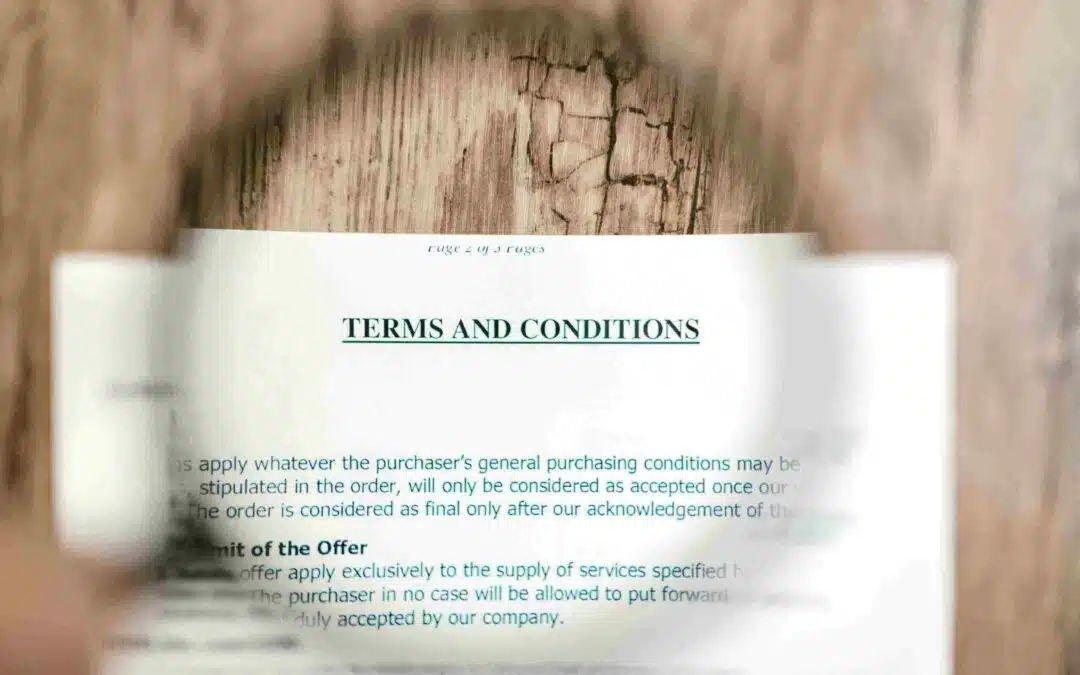It’s not uncommon for sellers to think that a sale is as good as complete once the heads of terms are signed. However, signing heads of terms (also known as letters of intent or memoranda of understanding) is only the first step in starting negotiations for a sale and purchase agreement (SPA).
Power struggles
The power balance between the buyer and seller plays a major part in whether the sale will move forward to completion after the heads of terms are signed. As such, tensions must be carefully managed during negotiations, and experienced legal and financial advisors should be engaged by both parties to ensure that the final terms of the SPA are mutually satisfactory, without either party leveraging their upper hand to demand terms such as a last-minute ‘price chip’.
Unexpected due diligence results
It is only after the heads of terms have been signed that due diligence begins. For sellers, the only way to minimise the risk of unwanted issues cropping up during due diligence proceedings is to provide as much upfront information as possible from the outset. Otherwise, it is possible that the buyer will pull out if undisclosed issues such as pending litigations or financial discrepancies come to light after signing the heads of terms.
Third-party delays, such as getting the necessary consent or paperwork from landlords can also drag out the due diligence process and potentially deter the buyer. To prevent the due diligence process becoming inordinately lengthy and tedious, be sure to secure any third-party documentation or approvals as early as possible.
Exclusivity disputes
If a period of exclusivity has not been included in the heads of terms, this can become a contentious issue further along in the negotiations process. Maintaining goodwill will be instrumental in overcoming any conflict relating to exclusivity; another useful step for avoiding this point of contention is to include a period of exclusivity in the heads of terms to give the buyer a sense of security, but with an obligation for the buyer to pay the seller’s legal fees in the event that he pulls out.
Disagreements on warranties
The warranties and guarantees of the SPA often lead to disputes between buyers and sellers as negotiations near completion. The only way to ensure this aspect of the SPA is handled delicately and professionally, to the mutual benefit of both parties, is by engaging experienced advisors and solicitors who know how to navigate negotiations properly.
Poor communication
The main issue arising after the signing of the heads of terms is a breakdown in communication. As each set of advisors is seeking its party’s best interests, it’s fairly common for them to come into conflict with one another over the course of negotiations; to ensure that the deal moves forward to completion, maintain open channels of communication with the buyer, and again, hire experienced, tactful solicitors and financial advisors.
Inexperienced advisors
Inexperienced advisors constitute the common thread running through all of the scenarios described above. Once you engage solicitors and financial advisors who are experienced in successfully executing sale and purchase negotiations, there is a far lower risk of major issues arising after the heads of terms have been signed, as they will know what red flags to look out for, and how to protect your interests without deterring the other party.
For more information or for expert advice on business or personal legal issues, contact us online at Carter Bond Solicitors today or call us on 0 33 33 44 44 11.
This content is not intended to be used as a substitute for specific legal advice or opinions. No recipients of content from this site should act or refrain from acting on the basis of content of the site without seeking appropriate legal advice.

